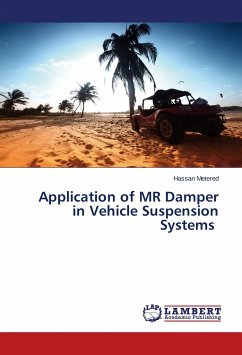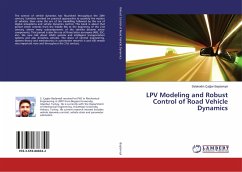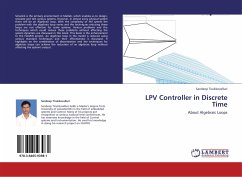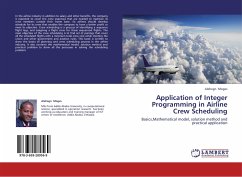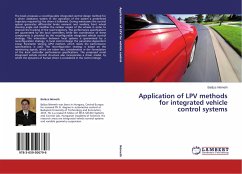
Application of LPV methods for integrated vehicle control systems
Versandkostenfrei!
Versandfertig in 6-10 Tagen
41,99 €
inkl. MwSt.

PAYBACK Punkte
21 °P sammeln!
The book proposes a reconfigurable integrated control design method for a driver assistance system. In the operation of the system a predefined trajectory required by the driver is followed. During maneuvers the control system generates differential brake moment and auxiliary front wheel steering angle and modifies the camber angles of the wheels in order to improve the tracking of the road trajectory. The performance specifications are guaranteed by the local controllers, while the coordination of these components is provided by the reconfigurable integrated vehicle control strategy. The inte...
The book proposes a reconfigurable integrated control design method for a driver assistance system. In the operation of the system a predefined trajectory required by the driver is followed. During maneuvers the control system generates differential brake moment and auxiliary front wheel steering angle and modifies the camber angles of the wheels in order to improve the tracking of the road trajectory. The performance specifications are guaranteed by the local controllers, while the coordination of these components is provided by the reconfigurable integrated vehicle control strategy. The interaction between local systems is guaranteed by a reconfiguration strategy. In local control design the parameter-dependent Linear Parameter Varying (LPV) method, which meets the performance specifications, is used. The reconfiguration strategy is based on the monitoring signals, which are taken into consideration in the formulation of the local controller performance specifications. The proposed novel integrated vehicle control structure also incorporates a driver model, by which the dynamics of human driver is considered in the control design.



